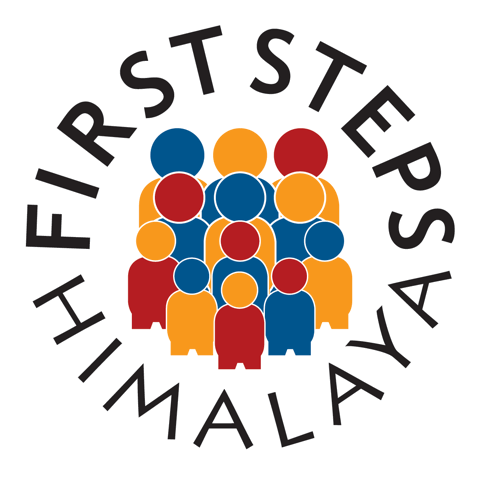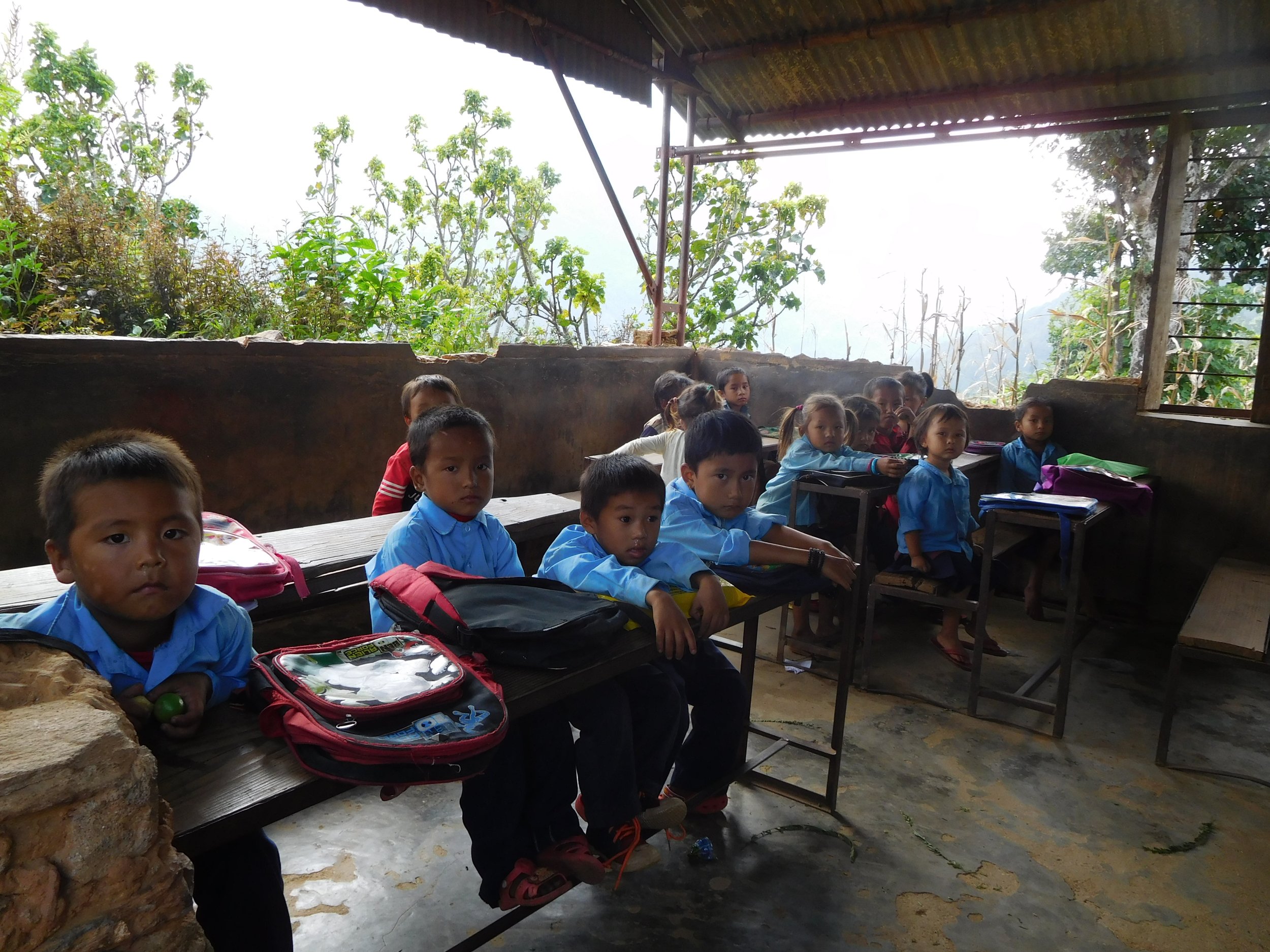Most people assume that school teachers in rural Nepal have completed university and teaching college with a degree in education. This is the normal practice in most developed countries and in some countries, like Finland, a Masters in Education is needed to practise as a teacher! Teaching students in developed countries also learn about the science of teaching and learning, child development and strategies for effective behaviour management and are supervised closely over a long period until they are fully qualified to deliver learning by themselves.
However, this is far from the truth in Nepal, as the majority of rural early years teachers have generally not gone on to further education at all, before becoming a teacher. In fact, many of them would have just finished school at the age of 18 and fallen into teaching at some point after that. They generally have no or little knowledge of child development, behaviour management or child friendly teaching methods. All they know is the rote learning methods that they themselves used when they were students at school. This means that nothing changes and the quality of education remains poor and lacklustre. As a result, children in rural Nepal are at a great disadvantage as they move from primary to secondary education and fail to meet the requirements for higher education.
Unattended children in rural classes.
Teachers lack any idea of classroom management tecniques
Therefore, when you walk into most early years classrooms in rural Nepal, you see children pointing with a stick to irrelevant complicated vocabulary and shouting loudly. In turn their classmates repeat what they said regardless of pronunciation and at a greater volume. The teacher sits at the back of the classroom without offering any explanation of the meaning behind the exercise. We have seen entirely bare classrooms containing young children left unsupervised for long periods, reading books locked away from children and maths teaching where very small children aren’t given the simplest of objects to count. We have seen classrooms where diverse learners are not welcome and sit outside the rooms all day and other teaching spaces where the behaviour of lively young learners is managed with the threat of a short stick.
Children left sitting unattended in dilapidated classrooms.
A girl points to words with a stick, mis-prounounces them and the class recites (with the wrong pronunciation and greater volume)
Without teacher training, teachers lack motivitation and are often absent or late. Young children often sit in empty classrooms for hours without a teacher.
Children in Nuwakot sitting in a broken down classroom with no teacher!
Untrained teachers have little idea of how to teach effectively
Giving resources and making improvements to buildings isn't enough to affect change - lovely new books and blocks get jumbled into cupboards because the teacher doesn’t know how to use them; when classrooms are presented with new tech, the children watch cartoons incessantly instead of learning. It’s easy to point the finger, but many of these teachers have no understanding of positive, experiential ways of learning and no experience of building happy relationships with their learners. How could they when their own experiences of learning as children were so limited?
Teachers learn about patterns and sequencing as part of early years Maths
Teachers learn different ways of greeting young children as they arrive at class each day.
When a teacher receives practical contemporary teacher training, everything changes. Our teachers learn how to play so they they can deliver playful teaching, they experience relationship building with our trainers so they can start to build their own professional relationships, they experience inclusivity and fun in our training so they know how it makes them feel.
Our training allows our teachers to explore their strengths and learn from each other and together they create a creative classroom environment from a pared back training room that reflects their own passions and values. It’s powerful stuff! They not only become more motivated but have a much better understanding of the principles of behaviour management and how to nurture young children to develop a love of learning.
____________________________________________________________________
Our 2024 Annual Appeal is on now!
This year's annual appeal is more important than ever as we step up our teacher training programme to reach more remote rural schools where teachers have never had any formal training!
Help us improve the lives of children in rural Nepal through quality education.
Donate to our 2024 Annual Appeal HERE













